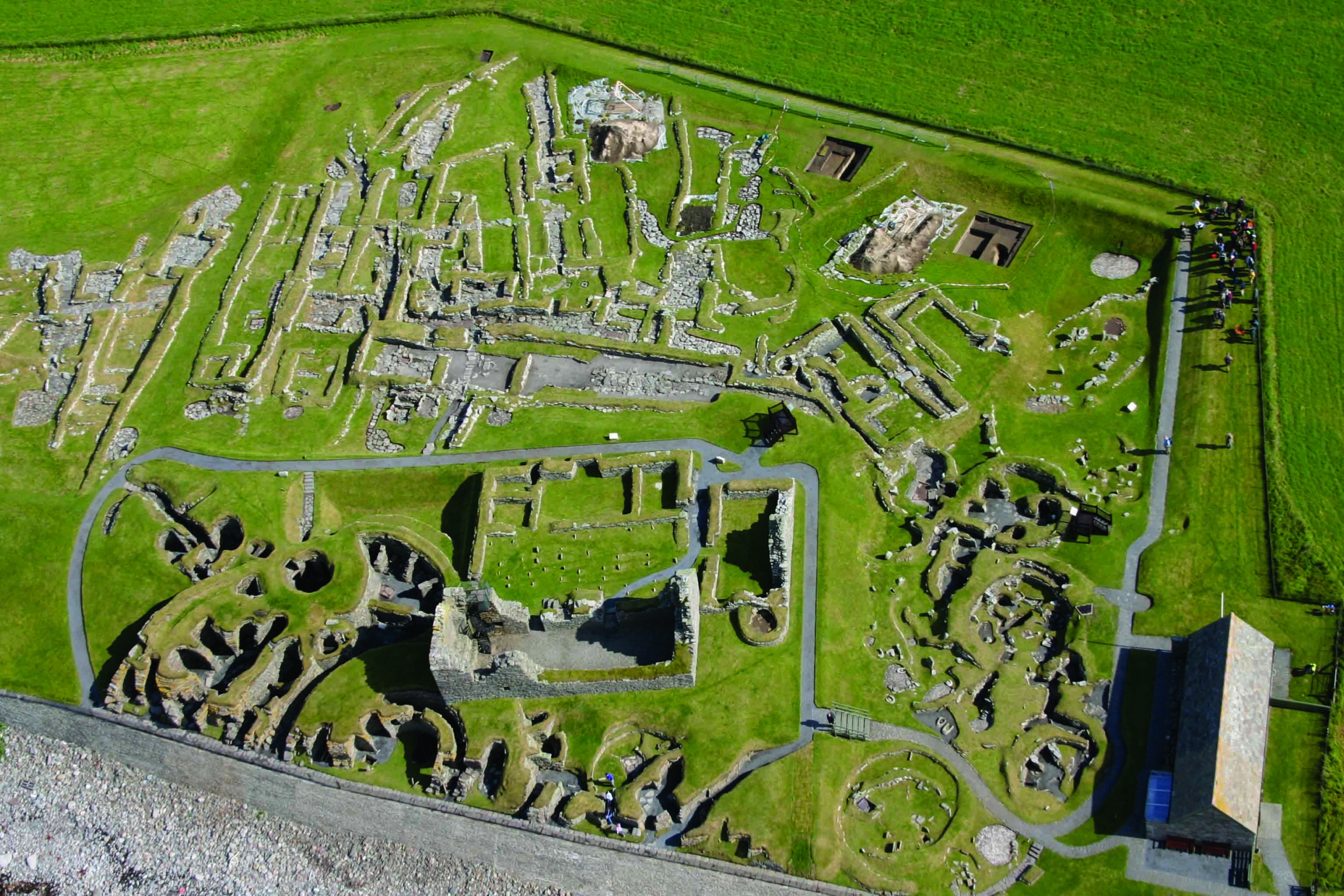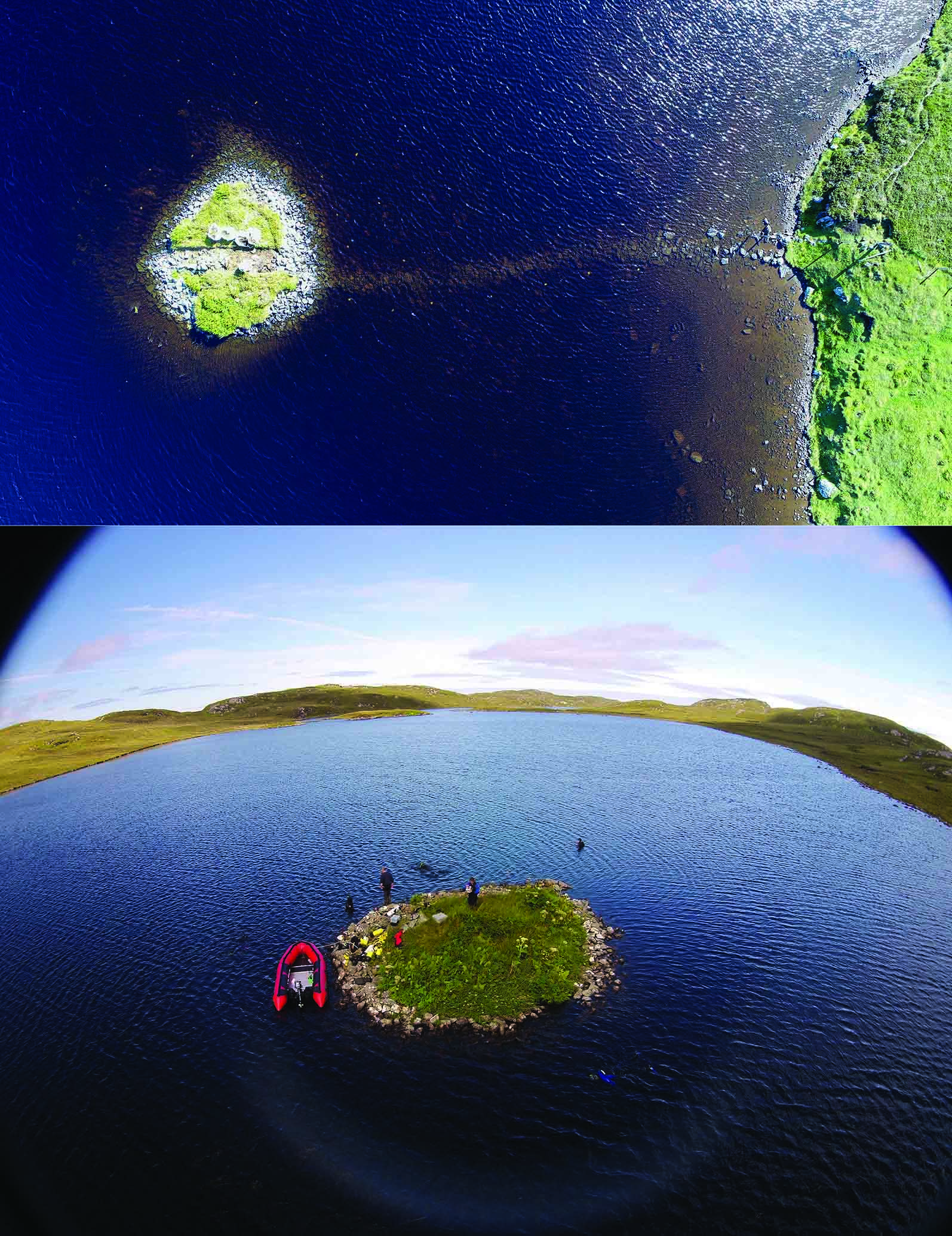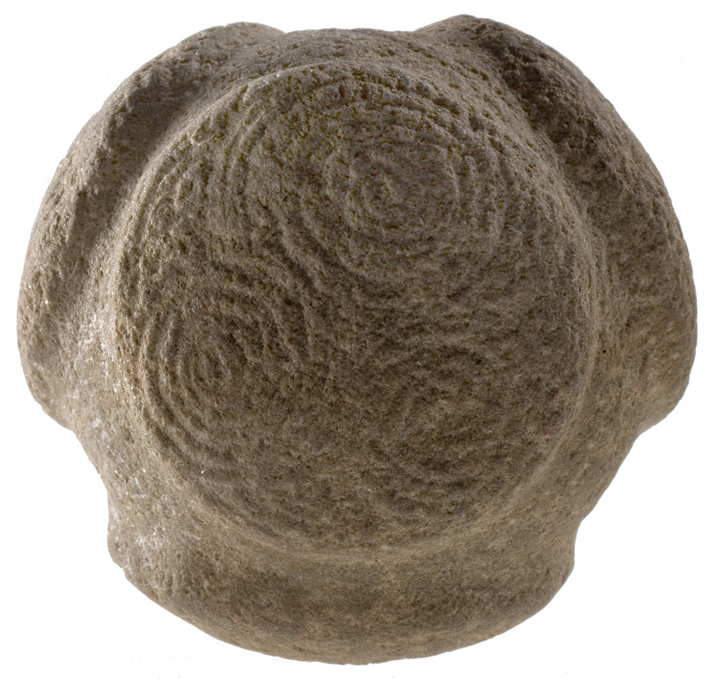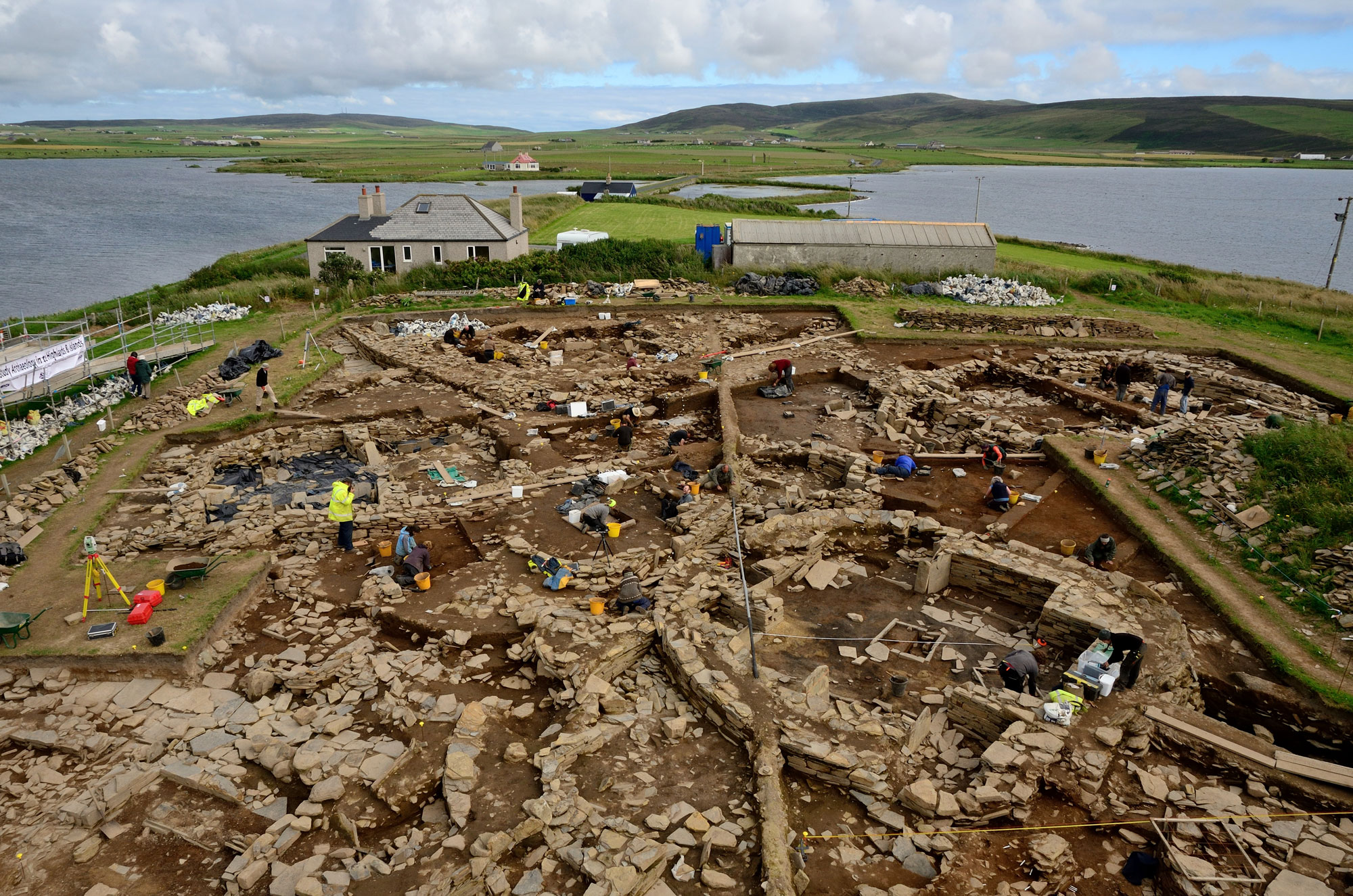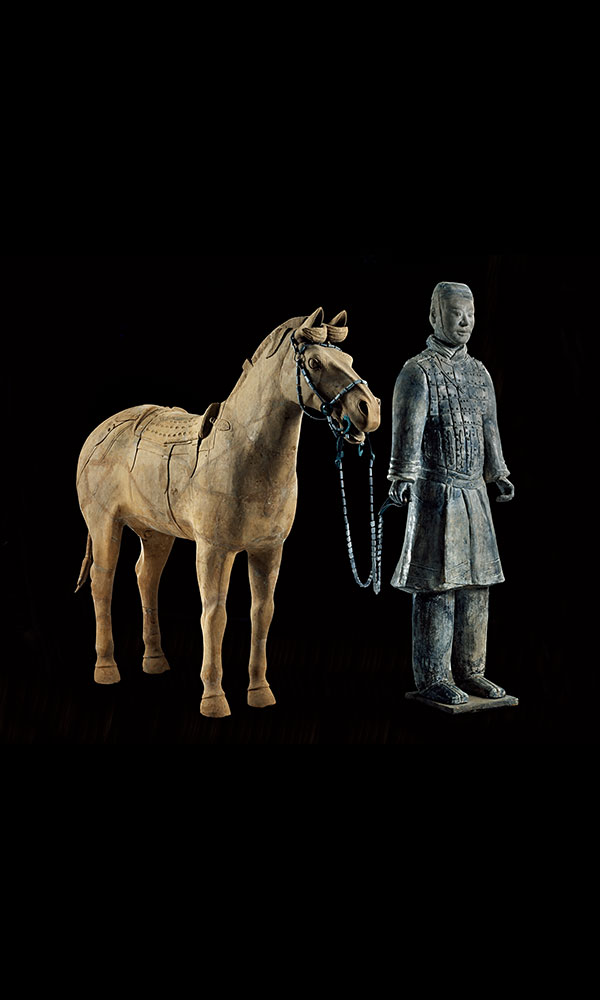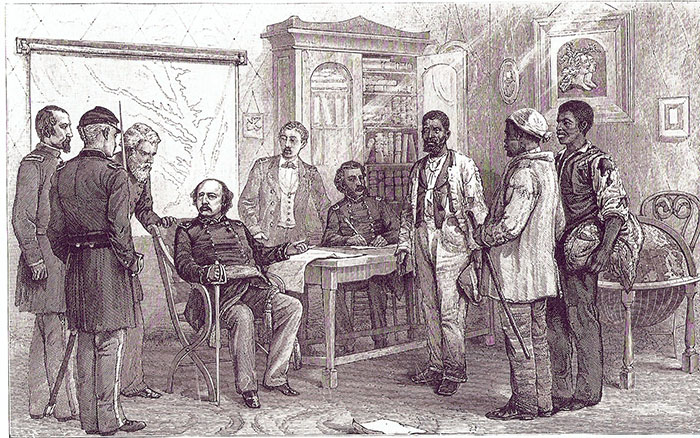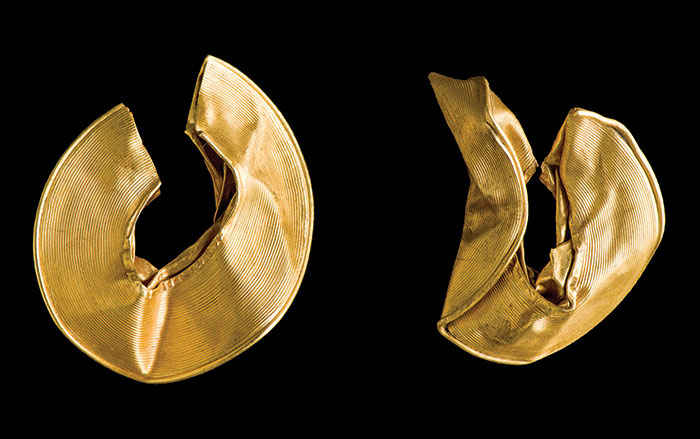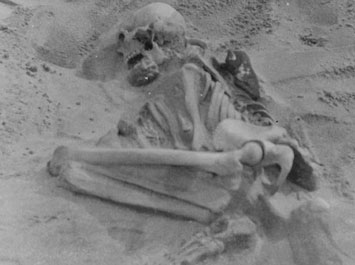
BRADFORD, ENGLAND—A Neolithic skeleton from the Scottish island of Tiree has been identified with the oldest case of rickets in the United Kingdom, according to Ian Armit of the University of Bradford. “The earliest case of rickets in Britain until now dated from the Roman period, but this discovery takes it back more than 3,000 years. There have been a few possible cases in other parts of the world that are around the same time, but none as clear as this. While we can’t say for certain that this is the earliest case in the world, it is definitely very unusual,” he said in a press release. The woman, whose deformed skeleton was found in a simple burial, may have had restricted access to sunlight as a child due to a religious role, illness, or slavery. Isotopic analysis of her teeth suggests that she suffered from malnutrition or illness between the ages of four and 14, and that she lived in the region where she had been buried. The analysis also showed that she didn’t eat sea fish. “It seems especially poignant that these communities had some cultural aversion to eating fish, and yet that simple addition to her diet may have prevented the disease,” added Janet Montgomery of Durham University. For more, go to "Diagnosis of Ancient Illness."


